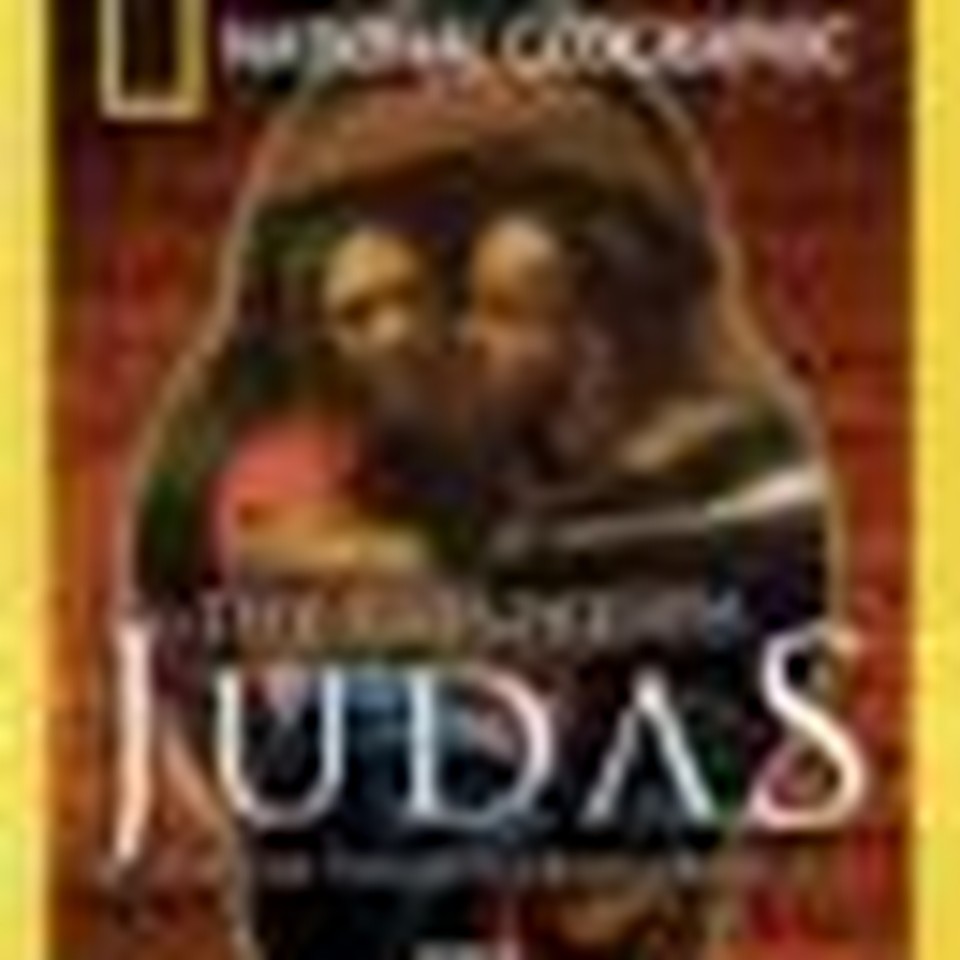The Gospel of Judas: The Betrayal of Truth

The Gospel of Judas: The Betrayal of Truth
When the National Geographic Society and a team of designated scholars announced the "discovery" and release of the document known as the "Gospel of Judas" the international media went after the story with a frenzy. Headlines around the world claimed that the discovery would force a complete reconstruction of Christianity.
As I explained then:
The resurgence of interest in Gnostic texts such as "The Gospel of Thomas" and "The Gospel of Judas" is driven by an effort, at least on the part of some figures, to argue that early Christianity had no essential theological core. Instead, scholars such as Elaine Pagels of Princeton University want to argue that, "These discoveries are exploding the myth of a monolithic religion, and demonstrating how diverse--and fascinating--the early Christian movement really was." What Pagels and many other figures argue is that early Christianity was a cauldron of competing theologies, and that ideological and political factors explain why an "orthodox" tradition eventually won, suppressing all competing theologies. Accordingly, these same figures argue that today's Christians should be open to these variant teachings that had long been suppressed and hidden from view.
There were disturbing elements to the story, however. The National Geographic Society clearly aimed at making a financial gain through the much-publicized book and television documentary. More importantly, the Society did not make the actual manuscript available for other scholars to check and consult.
A devastating analysis of the actual translation put forth by the Society and its chosen scholars came from Professor April D. DeConick of Rice University. In her book, The Thirteenth Apostle: What the Gospel of Judas Really Says, DeConick proved that the most famous "finding" offered by the National Geographic Society translation (claiming that Judas was good and not evil) was a complete misrepresentation of the text and a profound mistranslation.
Now, in the current edition of The Chronicle of Higher Education, the scandal surrounding the "Gospel of Judas" is significantly expanded. The paper's account reads like a spy story.
From the article:
Marvin Meyer was eating breakfast when his cellphone buzzed. Meyer, a professor of religious studies at Chapman University, has a mostly gray beard and an athletic build left over from his basketball days. His friends call him "the Velvet Hammer" for his mild demeanor. He's a nice guy.
The voice on the other end belonged to a representative of the National Geographic Society. They were working on a project and wanted his help.
"That's very interesting," he remembers saying. "What do you have in mind?"
"We can't tell you," was the reply.
That was not the answer he expected.
"Let me see if I understand this," Meyer said. "You'd like me to agree to do a project with you, but you won't tell me what that project is. Is that right?"
"Exactly."
The paper performs a commendable service in providing an extensive analysis of the controversy surrounding the text and the project. Beyond doubt, there are major issues of scholarship and personal integrity at stake.
It is clear that the media were misled -- and that the media then mislead their audiences. Now, when the integrity of the entire project is called into doubt, the media are far less interested.
The Chronicle of Higher Education is to be commended, the National Geographic Society should be humiliated, and Christians should be reminded once again not to be shaken by media sensationalism. The discovery of the "Gospel of Judas" changes nothing except to add yet another manuscript to the pile of false gospels and Gnostic documents.
When those scholars misrepresented the "Gospel of Judas," they betrayed not only the public trust, but the truth.
© All rights reserved, www.AlbertMohler.com. Used with permission.
Originally published June 03, 2008.





